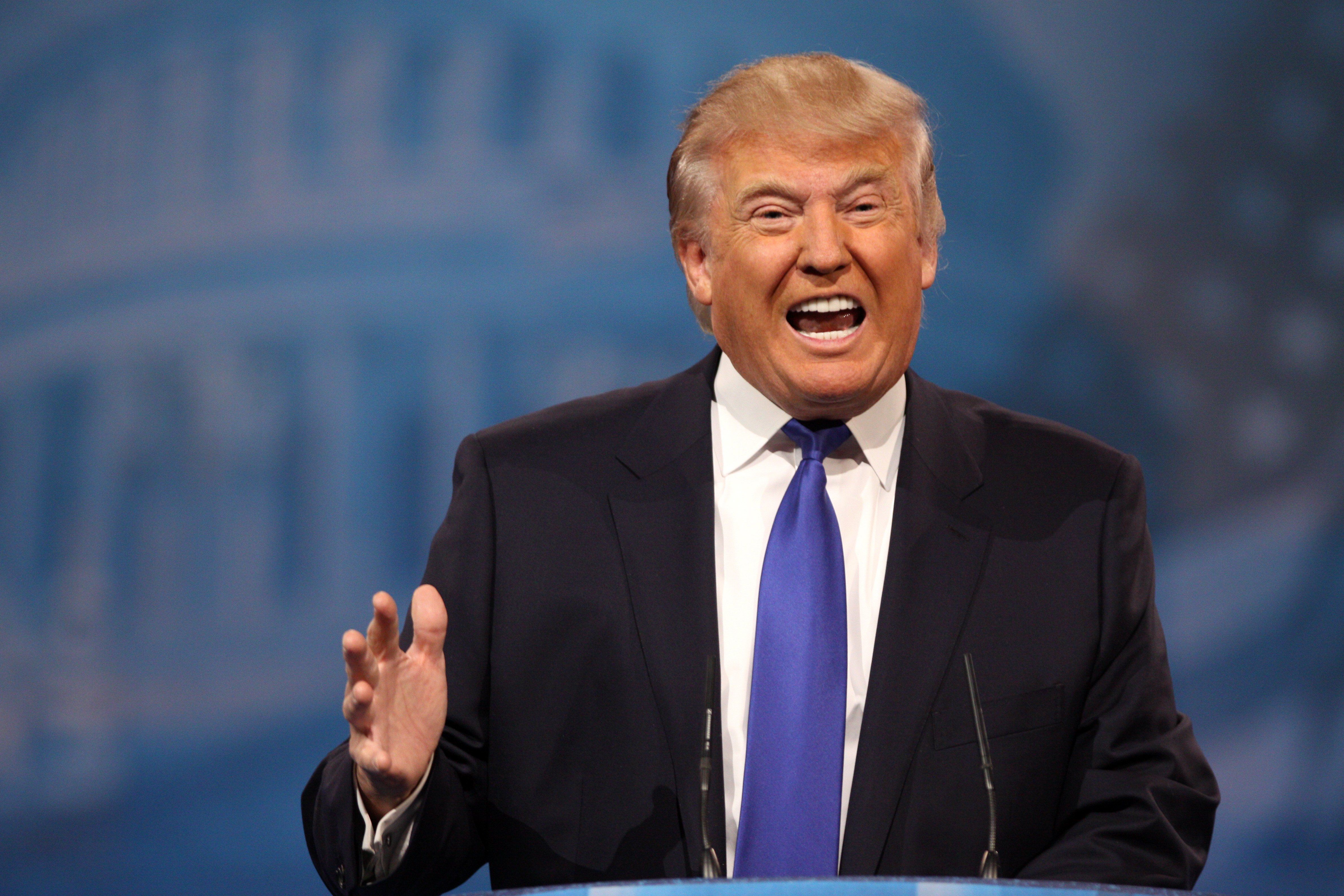Former President Donald Trump has a unique use of "moral language" that primes his followers to follow him and support his grievances, according to recent research highlighted in Salon on Tuesday.
This comes as political observers sound the alarm about Trump's increasingly authoritarian rhetoric and vows to act as a dictator in office.
"Research by Kobi Hackenburg, William J Brady, Manos Tsakiris which was featured in the June 2023 edition of the journal PNAS Nexus highlights Trump’s rhetorical strategy and use of moral language – a skill that has given him a great advantage over his rivals," reported Chauncey DeVega.
ALSO READ: It's time Biden sends Trump to Gitmo
Specifically, "moral language" means words that invoke the concept of fairness, which is more typically associated with Democratic candidates. But there's a twist.
When Trump applies fairness language, it was not in ways that put him "closer to Democratic candidates, who typically emphasize this moral foundation," wrote Eric Dolan, a former editor for Raw Story, in a PsyPost analysis DeVega cited summarizing the research. Rather, "he deviated from both Republican and Democratic norms by using fairness language in a way that was distinct to his campaign, setting him apart within the political discourse. For example, while Trump employed fairness language such as 'biased,' 'dishonest,' and 'unfair,' Democrats employed fairness language such as 'rights,' 'justice,' and 'equality.'"
What this means is that Trump supporters tend to perpetually see him as an outsider fighting the system — even though they understand he previously held the highest office of government in the United States. And that frequently positions him apart from both more establishment Republicans, and from actual outsider candidates.
And it helps explain the views of voters like one who was recently interviewed in New Hampshire about why she backed Trump. “At first I didn’t like him and thought he was a big blowhard,” she said. “But then I started listening ... He talked like, he talked like me. I felt I could carry on a conversation with him." She added, “I don’t like politicians,” but “I don’t think one term made him a politician.”
Leave a Comment
